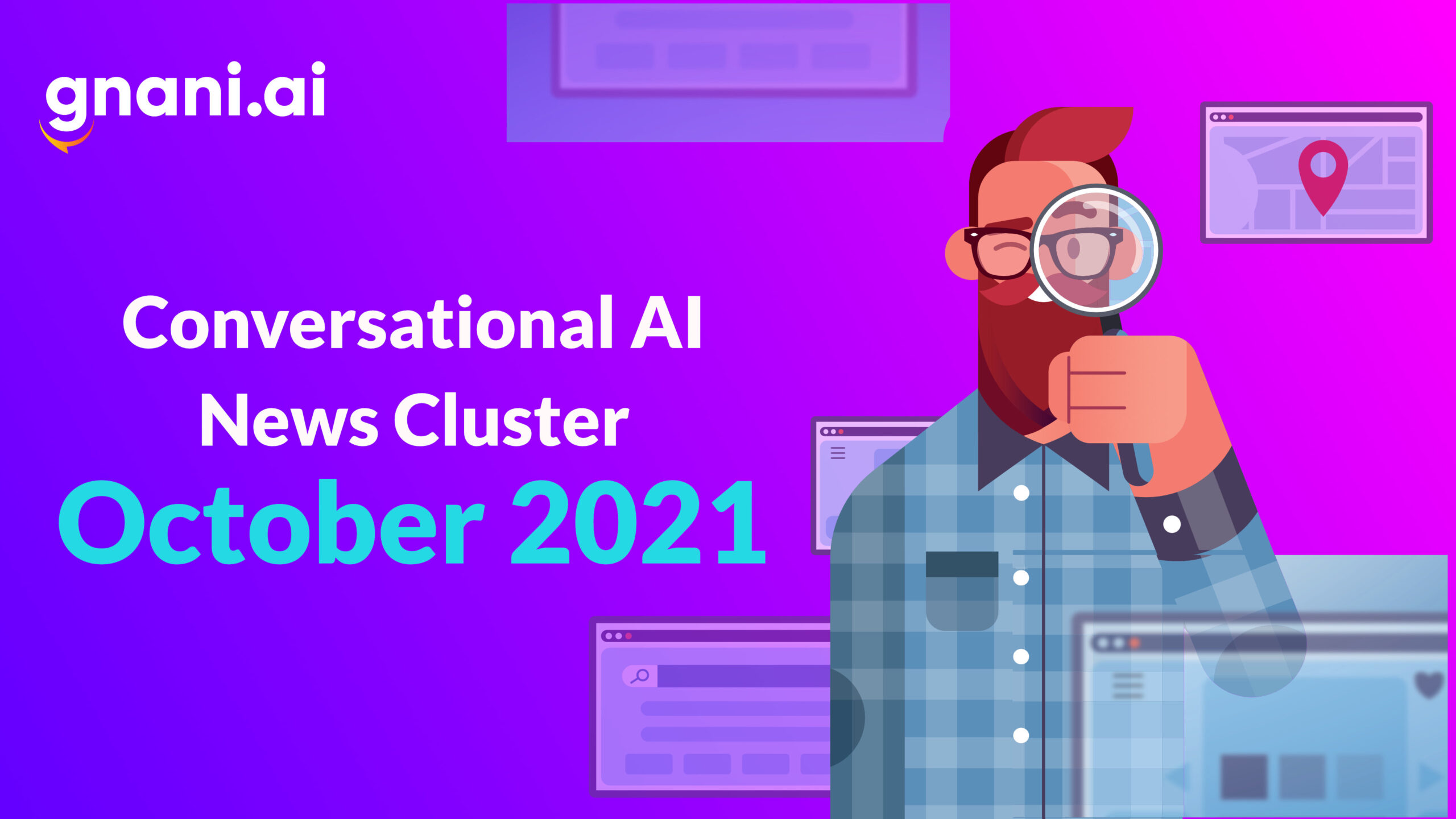We are in the exciting era of AI, where it is growing rapidly and is being adopted effectively in many industries to deliver better customer experience, improve business marketing effort, protect customer data & privacy, and a lot more.
Reading all the news and keeping yourself updated about what is happening in the conversational AI space might be a time-consuming job for you in your busy schedule. Let’s take a look back at the important Conversational AI news in the month of October.
Airbus Is Planning To Use Conversational AI In Its Cockpit
Walid Yassine Medjati, a Data scientist in Airbus, has outlined a conversational AI bot to automate cockpit operations and also to manage users right from onboarding in its digital transformation effort.
Pilots’ stress levels will be rising through the roof during the tough landing, and in the meantime, they have to manage the cockpit operations as well. Data scientists at Airbus are using conversational AI models to automate cockpit operations and also automatically contacting airports to gauge in-bound capacity.
Artificial Intelligence Sheds Light On How The Brain Processes Language
Conversational AI’s core intent is to provide a natural human-like interaction. Plenty of NLP models and algorithms are there to provide a close enough human-like conversational experience.
The Generative Pre-trained Transformer 3 (GPT3) model developed by the MIT students can predict next words based on a very long prior context (hundreds of words), not just the last few words.
Human datasets, including functional magnetic resonance (fMRI) data and intracranial electrocorticographic measurements taken from the people undergoing brain surgery for epilepsy, are used in this model. Though this model doesn’t mimic the brain, it is close enough to predict the next word as the brain does.
Language processing is a tedious job. Since this model ended up working similarly to the brain, this can take conversational AI to a whole new level.
Nvidia GTC Conference 2021
If you are an AI enthusiast, Nvidia GTC Conference 2021 will entice you. Top brands and industry experts will present the latest trends and how big enterprises adopt conversational AI to reach their business goals.
It is an online event, and you can register your seat here.
GoEmotions: A Dataset for Fine-Grained Emotion Classification
In the past decade, the NLP research community has made available several datasets for language-based emotion classification. The majority of those are constructed manually and cover targeted domains (news headlines, movie subtitles, and even fairy tales) but tend to be relatively small or focus only on the six basic emotions (anger, surprise, disgust, joy, fear, and sadness) that were proposed in 1992. While these emotion datasets enabled initial explorations into emotion classification, they also highlighted the need for a large-scale dataset over a more extensive set of emotions that could facilitate a broader scope of future potential applications.
In “GoEmotions: A Dataset of Fine-Grained Emotions”, we describe GoEmotions, a human-annotated dataset of 58k Reddit comments extracted from popular English-language subreddits and labeled with 27 emotion categories.
Meta CEO Zuckerberg Predicts The Metaverse Will Be Mainstream In 5-10 Years
The company formerly known as Facebook sees interoperability as a top priority so users can teleport from world to world and take their digital purchases with them.
Meta also announced a new Interaction SDK and a new Voice SDK for the Spark platform. The former will make it easier to add hand interactions into apps and the latter will allow voice integration.


